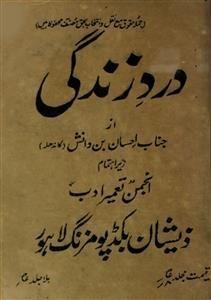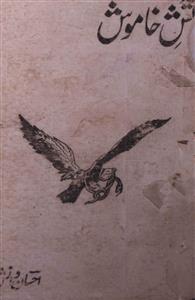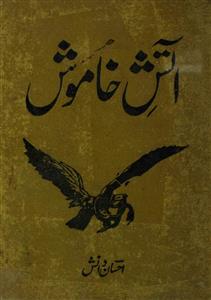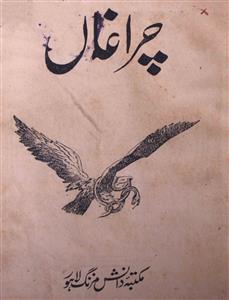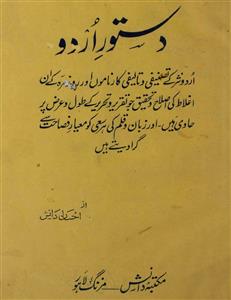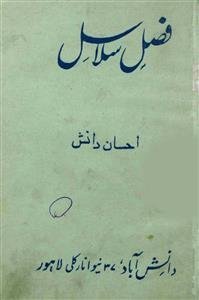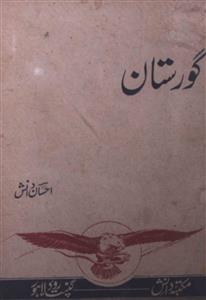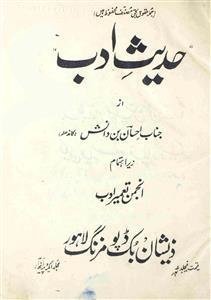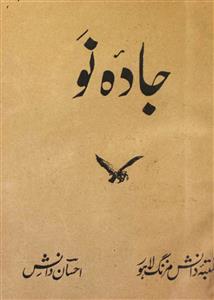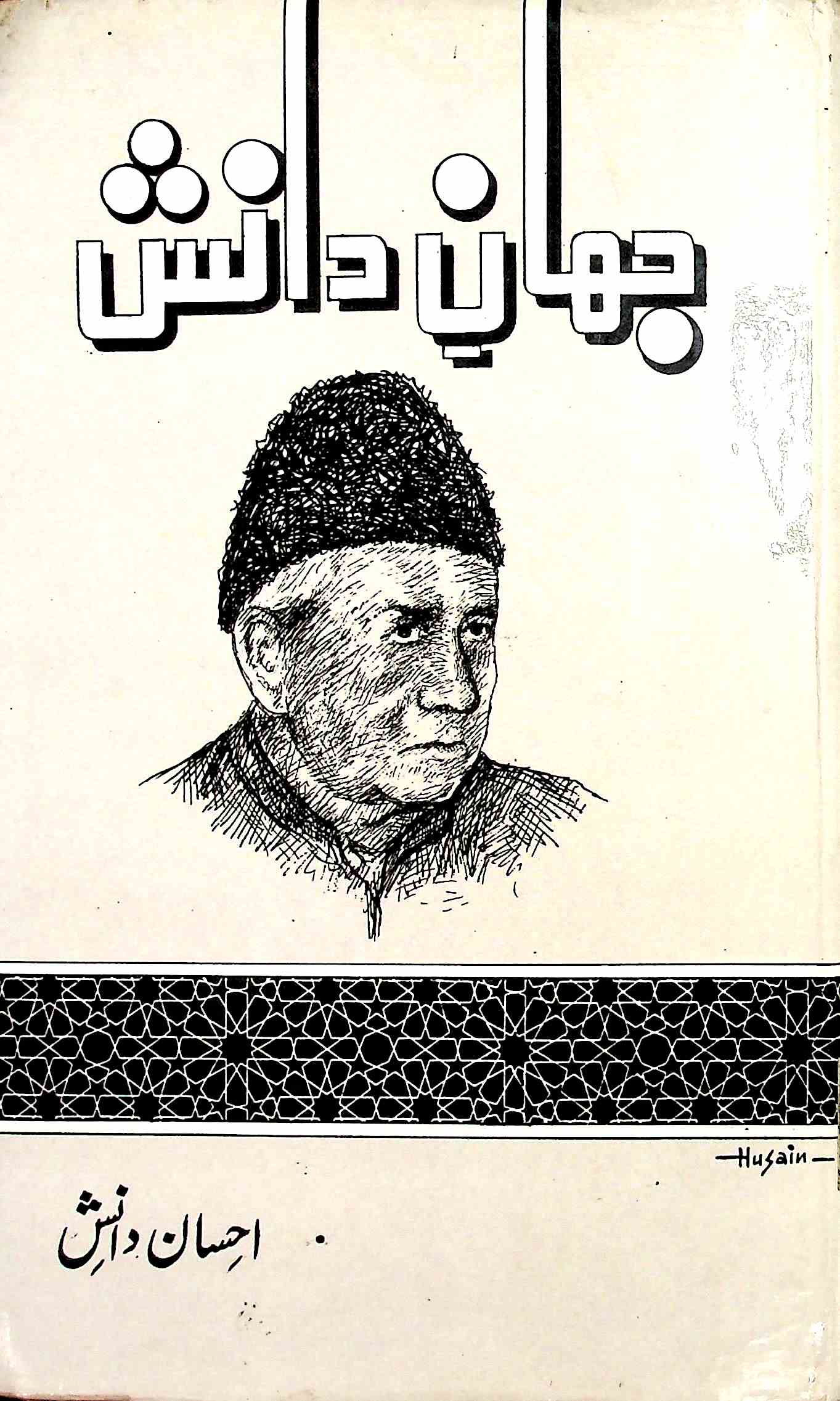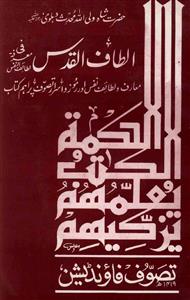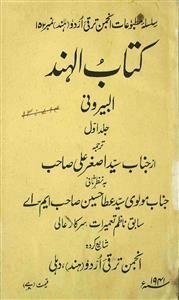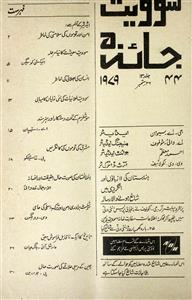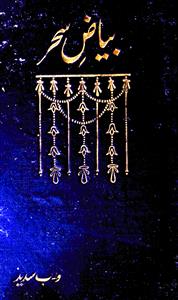 For any query/comment related to this ebook, please contact us at haidar.ali@rekhta.org
For any query/comment related to this ebook, please contact us at haidar.ali@rekhta.org
About The Book
"درد زندگی "احسان دانش کا شعری مجموعہ ہے۔ احسان دانش کی شاعری قدرت کی اور اس ماحول کی عکاسی کرتی ہے جس میں انہوں نے مزدوری کی۔ چونکہ وہ خو د مزدور تھے اس وجہ سے مزدور اورکمزور طبقہ کے لوگوں کے درد کو محسوس کرتے تھے۔انہوں نے اپنی شاعری میں عوام کے مسائل ان کا درداوران کی تکالیف کو پیش کیاہے،سماج میں ان کے ساتھ کیسا سلوک کیا جاتا ہے،اسے پیش کیا ،زمینداروں کے مظالم کو لفظوں کا پیرہن عطاکیا ،سرکاری حکام کی بداخلاقی کو موضوع گفتگو بنایا،چونکہ یہ وہ مسائل ہیں،جن سے غریب مزدور ہر روز نبرد آزما ہوتا ہے۔ احسان دانش کا خمیر کاندھلہ کی زمین سے بنا تھا ،یہ بزرگوں صوفیوں اور اولیاء اللہ کی سرزمین ہے،احسان دانش کے خون میں بھی ان کے اثرات موجود تھے ،وہ شریعت اسلامیہ کے ثناخواں تھے ،اس پر عمل کرنے والے تھے ،اسے کائنات کی فلاح کا ضامن خیال کرنے والے تھے ،لوگوں کو شرعیت سے دور ہوتا دیکھ کر تکلیف محسوس کرتے تھے،یہی وجہ ہے انھوں نے اسلامی احکامات کو اپنے اشعار میں پیش کیا ، چنانچہ زیرنظر کتاب میں موجود شاعری بھی ان کے انھیں خیالات کی غمازی کرتی ہے۔ نیز کتاب کے آخر میں احسان دانش کے حالات زندگی پر بھی روشنی پڑتی ہے۔
About The Author
Ehsan Danish was born (1911) in Maulanan, Kandhla, Muzaffar Nagar district of Uttar Pradesh, India. He belonged to a poor family and could not continue his study due to financial reasons but still learned the Arabic and Persian languages on his own. Later he migrated to Lahore and settled there permanently. He struggled very hard to earn his living. He worked as an ordinary labourer for years in odd jobs, finally becoming a poet of excellence. His autobiography, Jahan-e-Danish, is a classic and has inspired many people. Danish has written more than 80 books and hundreds of articles about and including poetry, prose, linguistics, philology, autobiographies and a famous interpretation of ‘Diwan-e-Ghalib’.
At the beginning of his career his poetry was very romantic but later he wrote his poems more for the labourers and came to be called ‘Shayar-e-Mazduur’ (Poet of the workmen) by his audience. His poetry inspired the common people's feelings and he has been compared with Josh Malihabadi. He holds the unique position as one of the best poets of all times, with fine, romantic and revolutionary, but simple style of poetry. He set up his own publishing house called Maktaba-e-Danish.
His literary output includes Maqamat, Jada-e-Nau, Nava-e-Kargar, Zakhm-o-Marham, Dastoor-e-Urdu, Aatish-e-Khamosh, Chiraaghaan etc. Some of his works are still unpublished. He was rewarded by the government of Pakistan for his services to Urdu literature and language.
He died on 22 March 1982 in Lahore, Pakistan.
 For any query/comment related to this ebook, please contact us at haidar.ali@rekhta.org
For any query/comment related to this ebook, please contact us at haidar.ali@rekhta.org
